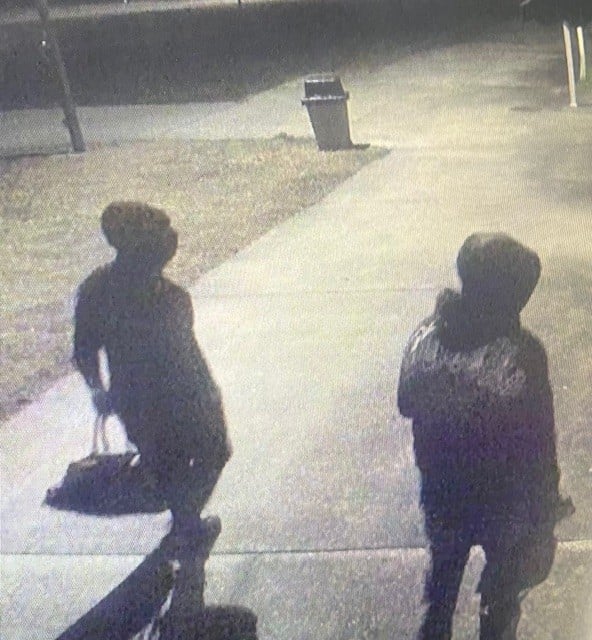BBB tips: Beware of junk mail targeting new homeowners
FOX23 News at 9 p.m.
ST. LOUIS, Mo., (KBSI) — Buying a new home is a major milestone — and because home purchases are public record, it can also make new homeowners a target for junk mail and scams. Better Business Bureau (BBB) is warning homeowners to watch for misleading or fraudulent mail related to their new home or mortgage.
It’s common to receive a wave of unsolicited mail after closing on a new home. Since some details of a purchase are public, scammers can send letters that appear official and may include accurate information such as the loan amount and lender’s name. This can make it difficult to tell legitimate correspondence from spam or scams.
“Scammers are pros at making junk mail look official,” said Michelle L. Corey, BBB St. Louis president and CEO. “A good rule of thumb is to only engage with mail you can confirm is from your mortgage or home warranty company. If you’re not sure, call your company directly.”
Common types of junk mail targeting new homeowners
Mortgage insurance offers: While mortgage insurance is legitimate, some deceptive companies pose as your lender to sell policies.
Mortgage scams: Scammers may claim there’s an urgent issue or missed payment on your loan, urging you to call immediately. These letters may even look like a mortgage bill.
Home warranty schemes: Some mailings falsely claim you must act quickly to prevent your home warranty from expiring.
Title or deed scams: Offers for “records recovery services” may promise copies of your home deed for a fee, even though you should already have those documents from closing.
One Missouri consumer reported losing $600 to a Wentzville business last fall after receiving a letter that falsely claimed her home insurance had expired. The letter included her mortgage lender’s name, making it appear legitimate. She called the number listed, paid for a “renewal,” and later realized the company was not affiliated with her lender. After blocking charges, she continued receiving calls and emails requesting additional payments.
How to tell if a letter about your mortgage is real
Look closely at unexpected mail. Be skeptical of letters claiming issues you haven’t already discussed with your lender.
Verify with your lender or warranty company. Call the number listed on your lender’s official website or documents, not the one printed on the letter.
Check companies with BBB. Search unfamiliar companies at BBB.org
for ratings and complaints.
Watch for red flags:
Urgent or emotional language such as “final notice” or “call immediately.”
Typos, grammatical errors, or poor-quality logos.
Generic or inaccurate details, including wrong addresses or loan amounts.
Fine print disclaimers noting the sender is not affiliated with your lender.
Keep your records organized. Store home purchase and mortgage documents together so you can easily confirm legitimate correspondence.
How to reduce junk mail
Join a “do not mail” list. Visit DMAchoice.org to manage the unsolicited mail you receive.
Report scams. File reports at BBB Scam Tracker to help alert other new homeowners.


